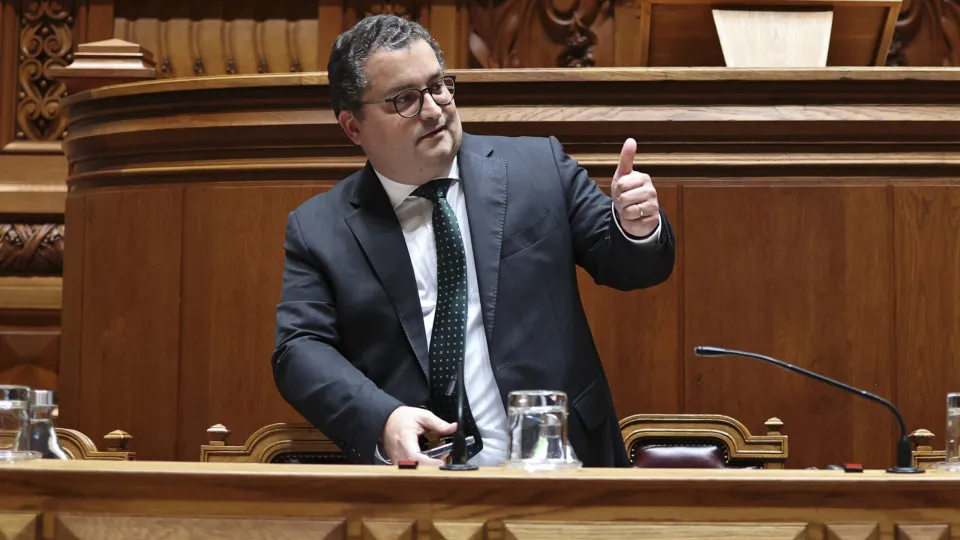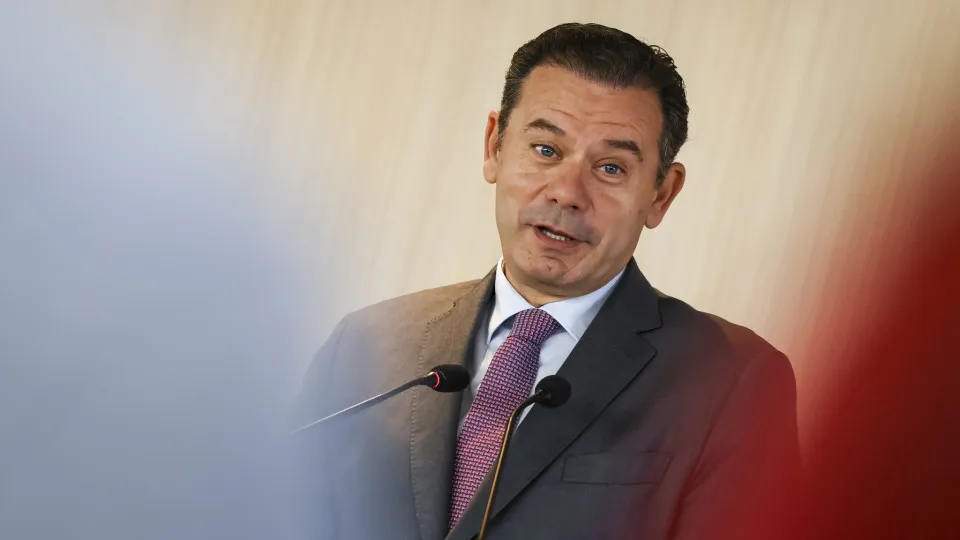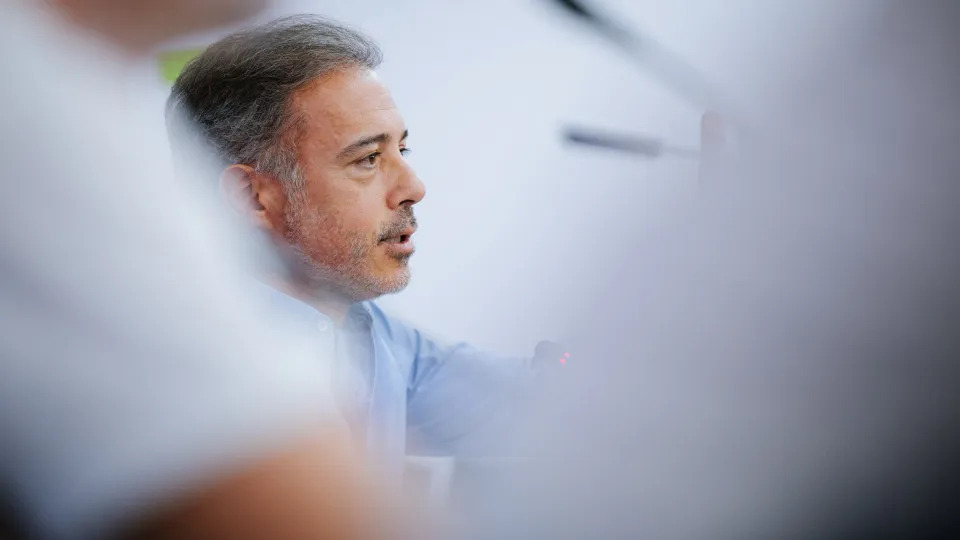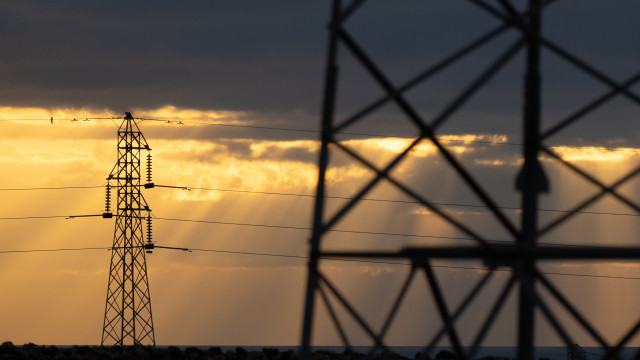
“The principle of user-pays should be followed”, argued Joaquim Miranda Sarmento during a hearing on the specialized assessment of the State Budget proposal for 2026 (OE2026), stating that these infrastructures have Public-Private Partnership contracts with “significant state obligations and large maintenance costs”.
The minister stated that these infrastructures “provide a service to users, which should be paid for by them” and opposes “any elimination of tolls”.
“The PS decided to do it with Chega, disregarding that it is everyone’s taxes paying the millions”, he recalled.
Miranda Sarmento also warned of a budget constraint, noting: “Choices need to be made, and it is important for Parliament to remember this”.
Referring to the “amendment proposals that the different parliamentary groups have already submitted or will still submit throughout the day,” Miranda Sarmento said it is up to the deputies to decide whether they want to maintain the Budget as proposed, with a surplus of 0.1% of GDP that allows “executing 0.8% of GDP in PRR loans,” or if they prefer not to have a surplus.
“Parliament will decide whether it wants the budget coming out of this Parliament to maintain that balance of 0.1% or, on the contrary, to have a deficit”, he said.
“We made a Budget to reduce taxes, execute the Recovery and Resilience Plan (PRR), and, with this, we have a budgetary balance of about 260 million euros, which corresponds to 0.1% of GDP. It is with this budgetary margin that Parliament has to work,” he emphasized.
According to the OE2026 proposal, the government aims to achieve surpluses of 0.3% of GDP in 2025 and 0.1% in 2026.




